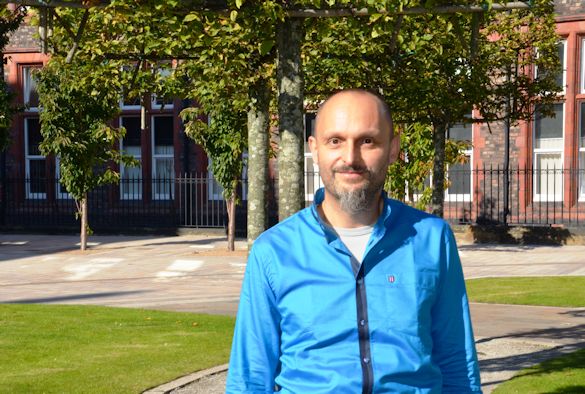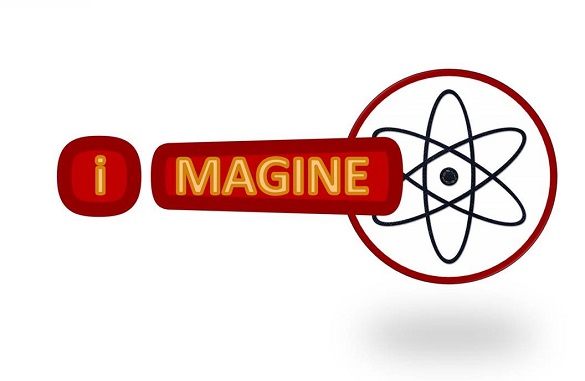
The University of Liverpool has received funding from the Science and Technology Facilities Council (STFC) for a project that aims to help tackle the net zero carbon target.
The project, in partnership with STFC’s Scientific Computing Department, will explore how to improve Molten Salt Fast Reactors, an innovative nuclear technology that may substantially increase the sustainability of nuclear fission energy. It will investigate the impact of plating noble metals onto thermophysical and material properties of the Molten Salt Reactor components.
The collaborative research team will evaluate how well the components resist corrosion and the radiation damage of the plated vessel material. Experts say this technology could also reduce proliferation risks and improve reactor safety if properly developed
Professor Bruno Merk, Royal Academy of Engineering Chair in Emerging Technology at the University of Liverpool, said: “This project is one more step recognising the breakthrough technology iMAGINE, which will help the UK to be able to manage the transfer into a net-zero society. A key point of iMAGINE will be to provide an almost infinite, new energy resource out of the left overs of former nuclear reactor operation.”
The project is one of six funded by the STFC’s early-stage Net Zero Grant funding for early development of promising technologies and solutions which support the UK’s goal to achieve net zero carbon dioxide emissions.
STFC Executive Chair Professor Mark Thomson said: “We all are responsible for finding ways to reduce our carbon emissions to achieve the government’s Net Zero target, especially in the research and innovation sector.
“One of the ways we are doing that in STFC and across the scientific community is to look at how we conduct experiments and whether there might be more efficient ways of doing this.
“We are also taking some of the cutting-edge techniques used for pioneering research and applying those to solve some of the biggest challenges to becoming a carbon neutral nation.”
Further information of Professor Merk’s research can be found here.
